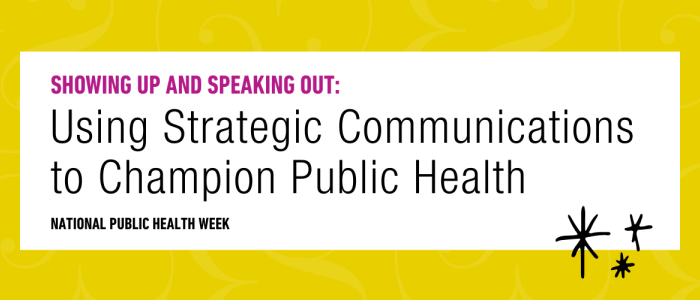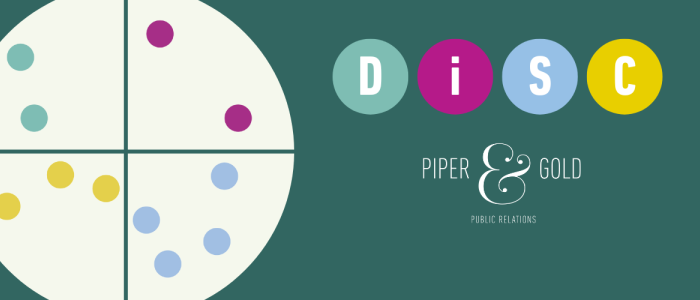
Creating compassion in the workplace by presuming positive intent
Sep 24, 2021
Category: P&G culture
My car broke down, the dog ate chocolate muffins off the counter and anxiety is at an all-time high because of, well, everything.
Those of us in the corporate world are familiar with the competitive, fast-paced and high-pressure environment many of us thrive in, but that doesn’t often leave space for inconveniences in our personal lives. Tight deadlines, neuro fatigue and the expectation of always being “on” can stack against these uncontrollable stressors and affect our work.
Around the Piper & Gold office (or Zoom room), you’ll often hear the phrase “presume positive intent.” It’s one of our team mottos and a value we work and live by to mitigate stress and bring compassionate communication into our conversations. To presume positive intent is to communicate from a place of empathy and assume colleagues and clients are doing their best, no matter your perception of their actions.
To me, it means cutting one another a break and giving the benefit of the doubt, especially amid the stress and worry induced by our COVID-restricted world today.
How do we keep boundaries in place when presuming positive intent? This is not to be confused with toxic positivity or letting expectations, mistakes and errors slide without acknowledgment. It simply means meeting those behaviors and events with compassion and guidance rather than anger, shame and scrutiny.
In a roundabout way, we have seen the quality of our work enhanced through presuming positive intent because our feedback and conversations are more open and honest. Here are some of the outcomes our team has seen by implementing the presumption of positive intent:
It builds trust and avoids misguidance. In the public relations industry, almost everything we do requires collaboration which means people often count on each other to be timely and create quality work. But the reality is mistakes happen, timelines change and expectations are sometimes miscommunicated. We are human, after all. Approaching these infrequent but inevitable moments by presuming positive intent builds trust between colleagues and creates space to face challenges with facts, patience and proactive guidance. This ultimately results in a stronger strategy to accommodate and make space for human error.
It takes judgment and grudges out of the equation by promoting radical candor. Another phrase we love to use at P&G is “radical candor” inspired by the book by Kim Scott. It simply means to say what you’re thinking — which sounds scary at first but promotes authenticity in our work and relationships. Rather than assuming your colleague is lazy, inconsiderate or unmotivated, presuming positive intent and offering radical candor promotes an open conversation to get to the root of the issue. These practices clear the air of any negativity lingering after an error has been made.
It helps us focus on solutions when challenges arise. Giving someone the benefit of the doubt creates an opportunity to gather all the facts of the situation without jumping to conclusions. There are many times where the reasoning behind someone’s actions isn’t what you expected. As mentioned in the Collaborative Way blog post, there’s always the chance you may learn the person did have negative intent. Allow yourself to learn this, rather than jumping to the conclusion without clear information. You can then create proactive solutions and take action on clear and verified information.
Presuming positive intent is an exercise in vulnerability and connection, and it has challenged our team at Piper & Gold to be compassionate, authentic and courageous in our work and conversations. We recommend all professionals adopt this practice in their lives and workspaces.



